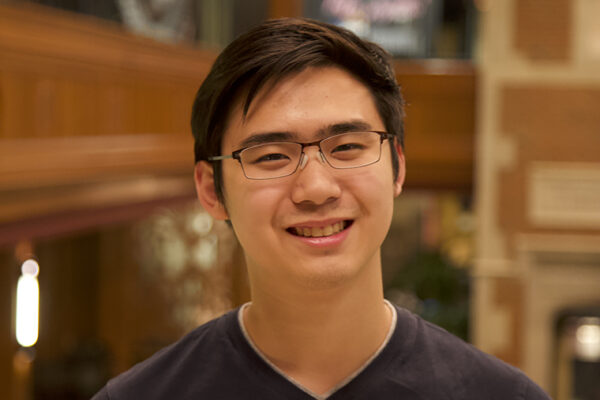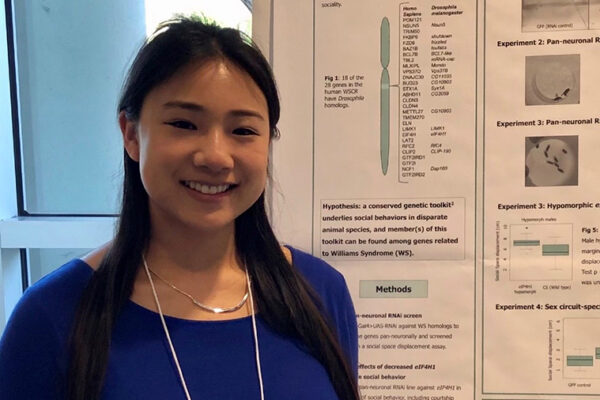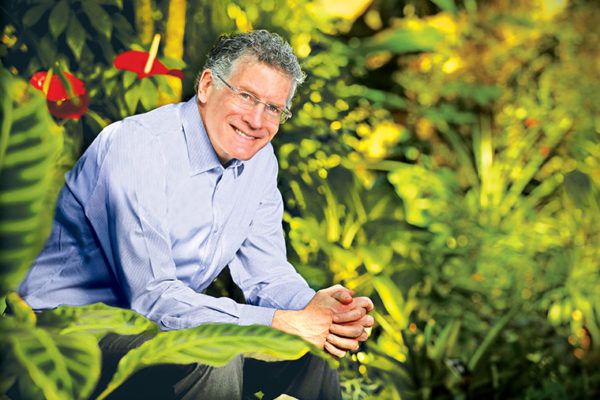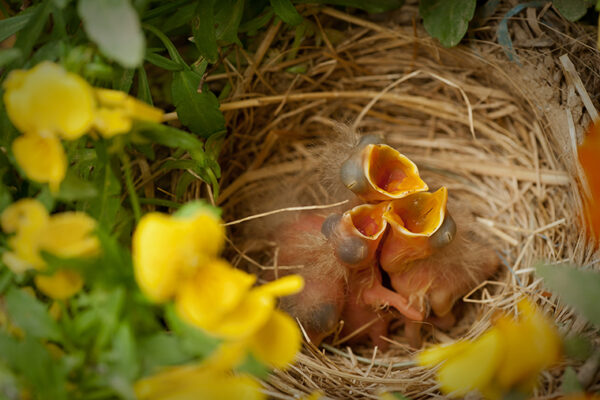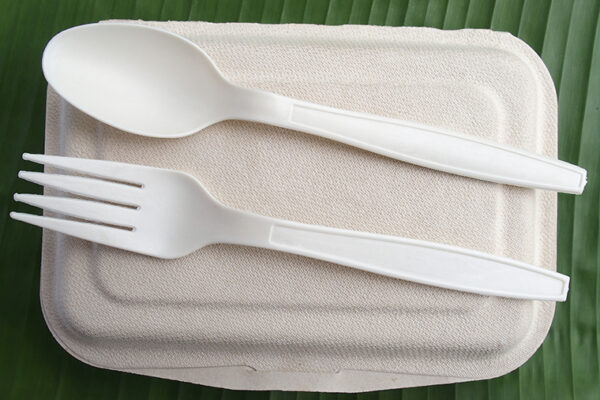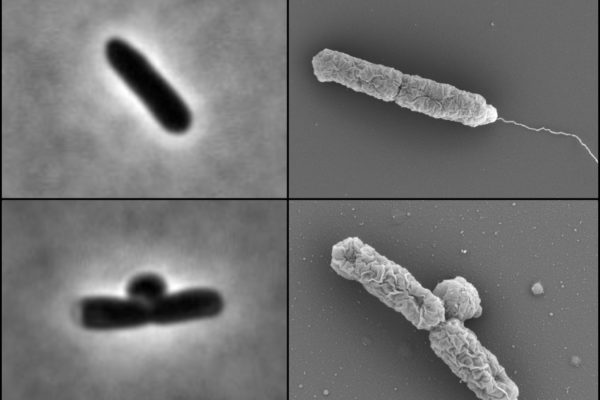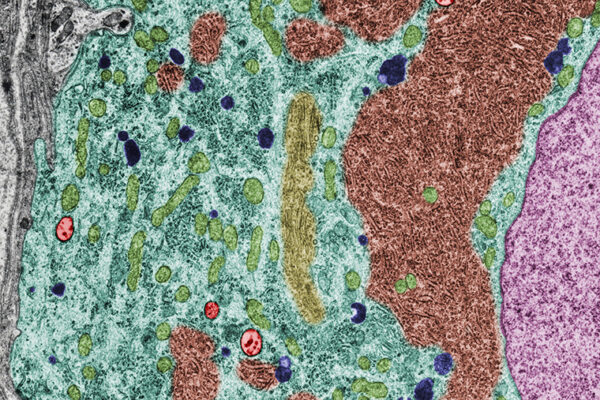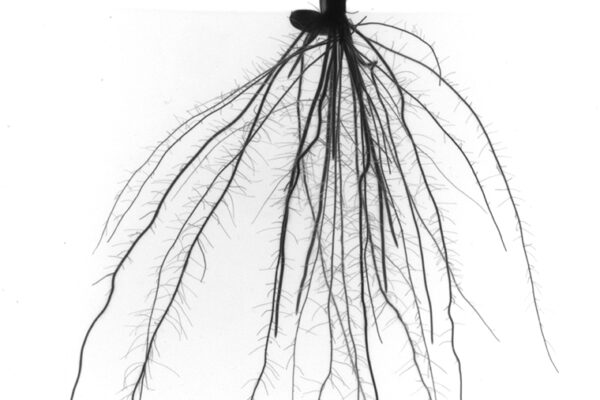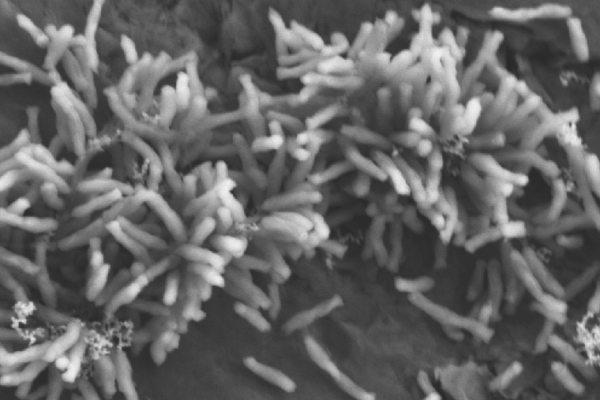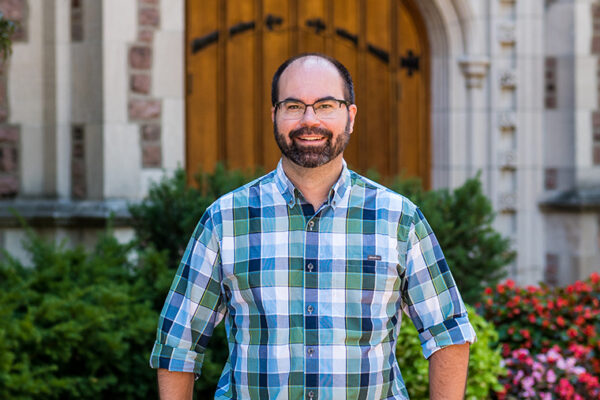Hsu wins Spector Prize
Eric Hsu, a senior majoring in biology in Arts & Sciences, has been awarded the 2019 Spector Prize. The prize recognizes academic excellence and outstanding undergraduate achievement in research.
Chin wins Quatrano Prize
Iris Marie Chin, a senior majoring in biology in Arts & Sciences, has been awarded the 2019 Ralph S. Quatrano Prize. The prize is awarded to the thesis showing greatest evidence of creativity in design, research methodology or broader scientific implications.
Losos honored by American Society of Naturalists
The American Society of Naturalists has recognized Jonathan B. Losos, the William H. Danforth Distinguished University Professor at Washington University and director of the Living Earth Collaborative, with its 2019 Sewall Wright Award.
The kids are alright
A new study reveals the surprising way that family quarrels in seeds drive rapid evolution. Conflict over resources seems to play a special role in the development of certain seed tissues, according to Washington University in St. Louis research led by David Queller and Joan Strassmann in Arts & Sciences.
Creating sustainable bioplastics from electricity-eating microbes
Researchers in Arts & Sciences at Washington University in St. Louis have figured out how to feed electricity to microbes to grow truly green, biodegradable plastic, as reported in the Journal of Industrial Microbiology and Biotechnology.
Specialist enzymes make E. coli antibiotic resistant at low pH
New research from Arts & Sciences suggests that many “redundant” enzymes are actually specialists that ensure maximal growth across different environments. They also seem to increase resistance to antibiotics in conditions like those in the GI tract or urinary tract — raising concerns that current antibiotic susceptibility tests are inadequate.
Tidying up: A new way to direct trash to autophagy
Marie Kondo herself couldn’t do it any better. Now researchers at Washington University in St. Louis have uncovered a previously unknown structural feature of living cells that is critical to tidying up.
Rusted root: Weedy rice repeatedly evolves ‘cheater’ root traits
Researchers led by Kenneth M. Olsen in Arts & Sciences used a new imaging technique to reveal a takeover strategy that has worked for weedy rice over and over again: roots that minimize below-ground contact with other plants.
How electricity-eating microbes use electrons to fix carbon dioxide
Led by Arpita Bose, assistant professor of biology in Arts & Sciences, a Washington University team showed how an electricity-eating microbe takes up electrons from conductive substances like metal oxides or rust to reduce carbon dioxide. The work is described in the journal Nature Communications.
Blodgett awarded CAREER grant to study biosynthetic silence
Joshua Blodgett, assistant professor of biology in Arts & Sciences, received a five-year $900,500 grant to support his research related to actinomycete bacteria. This type of bacteria produces a majority of current antibiotics and may harbor other useful small molecules that could be revealed by activating silent genes.
View More Stories
